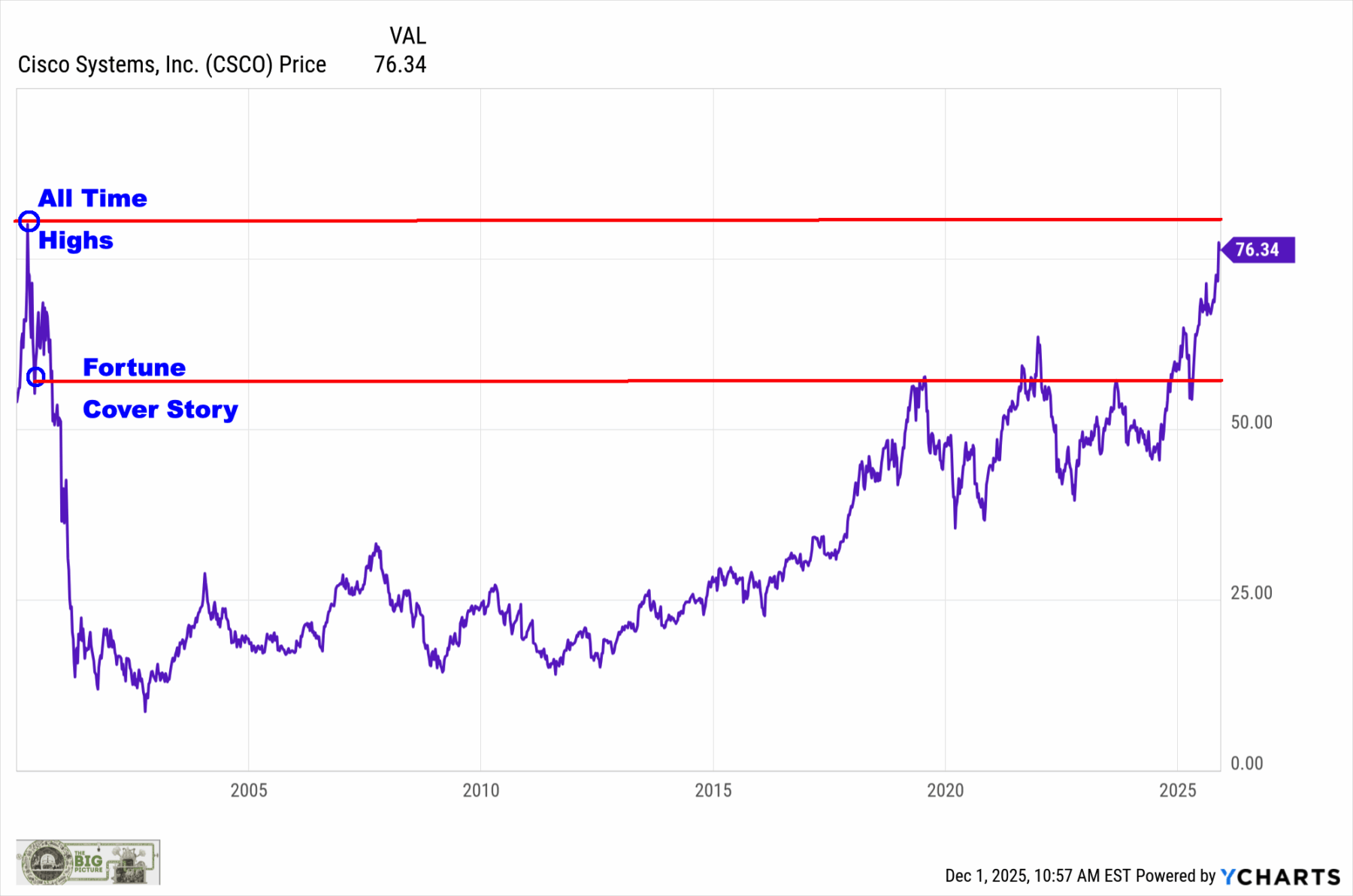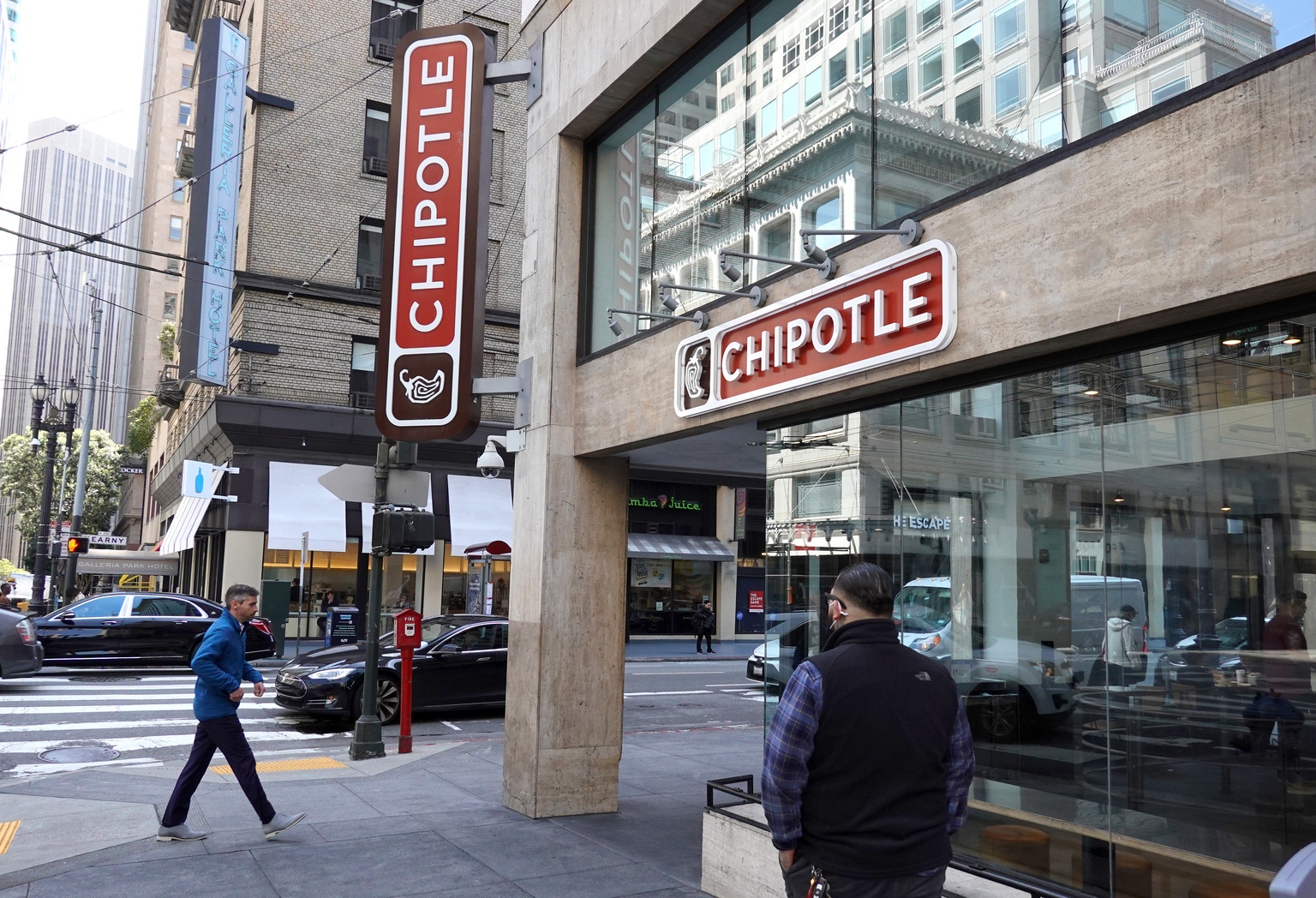Years ago, I read Banker to the Poor: Micro-Lending and the Battle Against World Poverty by Muhammad Yunus. In the book, Yunus describes the origins and purpose of the Grameen Bank. This bank specializes in offering small loans to people in poverty to help them begin to attain self-sufficiency. This isn’t a charitable organization – it’s a for-profit bank, and Yunus stresses in the book that the need to be profitable is part of what makes Grameen effective at achieving its goal of lifting people out of poverty and freeing them from a cycle of dependency. Curiously, he found that his very success in alleviating poverty was met with condemnation from leftists. The complaint wasn’t that Grameen was ineffective at achieving those goals – they were upset precisely because Grameen was highly successful at improving the lives of the poor and destitute. Yunus recalls how leftists seriously complained that by improving people’s lives and helping them become self-sufficient, Grameen was “robbing the poor of their despair and their rage.” This is certainly an odd objection, to my mind. I tend to see rage and despair as bad things to be freed from, not good things we should prevent from being robbed away.
Still, there was something about Yunus’s own political analysis that always bugged me. When discussing if Grameen Bank should be thought of as a left-wing or right-wing enterprise, Yunus makes an apples and oranges comparison. He says that Grameen can be seen as right-wing because of his belief that “the government, as we now know it, should pull out of most things except for law enforcement, the justice system, national defense, and foreign policy” while leaving “its other functions” to the “private sector.” He sums up by saying that “Grameen supports less government – even advocating the least government feasible – is committed to the free market, and promotes entrepreneurial institutions.”
Yet, says Yunus, there are also things that make Grameen a left-wing organization. These include how Grameen is “committed to social objectives – eliminating poverty, providing education, health care, and employment opportunities to the poor; achieving gender equality through the empowerment of women; ensuring the well-being of the elderly. Grameen dreams about a poverty-free, welfare-free world.” And, according to Yunus, “All these features place Grameen on the political left.”
Do you see why this is apples and oranges?
When evaluating what makes a person (or organization) right-wing, Yunus describes things in terms of means, while when describing what makes a person (or organization) left-wing, he switches to describing things in terms of ends. While I am generally willing to accept people’s stipulated definitions when evaluating their arguments, this kind of apples-to-oranges difference is a serious defect. If you want to define what separates the political left from the political right, you should define both sides in terms of means, or of ends. Defining one by means and the other by ends is just bad lexicography.
I favor thinking of left vs right in terms of a difference about what means are appropriate to employ, and not (necessarily) a difference about sought-after ends. Dan Moller argues the same in his book advocating libertarian political philosophy, Governing Least: A New England Libertarianism. Moller writes:
The disagreement between libertarians and their antagonists is not over how much values like freedom or equality matter, but over whether it is permissible for the state to use force to promote these values in various ways. To see this, notice that libertarians and their opponents may in fact agree that equality or fraternity is of great importance; they could join forces and work tirelessly on behalf of some such value, provided these contributions were voluntary. As long as anti-libertarians focus merely on how much they care about equality, or how terrible poverty is, or on their vision of a better world, they have made no progress at all in identifying a point of disagreement…Nor is there any need to settle whether happy “communitarian” values should triumph over the base “atomism” of libertarians. The question isn’t whether to view ourselves as lonely islands or amiable communities, but whether the state should create the relevant community by compulsory means; we can all agree that marriage is a blessed state while insisting that it emerge voluntarily. We would avoid a world of confusion, in other words, if only those arguing for the state promoting some value would add the rider, “…and I favor the use of threats and violence to promote this value if need be.”
Agreement over means doesn’t require agreement about ends. Two people might favor identical means regarding policy and institutions, while anticipating or even hoping for different outcomes. And two people might seek to bring about identical outcomes, but disagree about what policies or institutions will most effectively achieve those ends. In my understanding, it makes more sense for the latter difference to be what maps out the difference between the political left and right. That is, it makes sense to speak of left-wing or right-wing policy, but much less sense to speak of left-wing vs right-wing outcomes.
But there are worse offenders out there than Yunus. The socialist writer Nathaniel Robinson, for example, seems to define politics through a conflation of means and ends, such that socialism is a system that uses a particular set of means, but at the same time it only counts as socialism if it also achieves the ends socialists desire. Thus, Robinson defines things in a way where Venezuela’s decent into madness gives him no pause or any reason to revaluate the policies he advocates – because of Venezuela he says that “if there isn’t equality, there isn’t socialism” and as a result “since my politics demand equality, you can’t indict my politics by pointing to a highly unequal society.” But “politics” isn’t an outcome – it’s a process. Politics is not an end – it’s a means by which ends are achieved. Robinson’s conflation of the two amounts to saying “you can’t indict the processes I advocate by pointing to outcomes that don’t reflect my desires.”
Many critics of socialism have argued that the processes inherent in socialist policies inevitably result in a highly unequal, authoritarian society. Milton Friedman summed up the idea by saying “A society that puts equality before freedom will get neither. A society that puts freedom before equality will get a high degree of both.” Most importantly, critics of socialism have specific arguments for why socialist policies, when implemented, end up delivering Venezuela-style results. To respond to this concern by simply defining socialism so that it only counts as socialism if the results are what socialists want is the intellectual equivalent of sticking your fingers in your ears and yelling “LA-LA-LA I CAN’T HEAR YOU I CAN’T HEAR YOU!!!”
David Schmidtz’s Living Together articulates one more reason why I prefer to think of political divides as a difference of means, rather than ends. Schmidtz writes:
Political ideals are not points of convergence. The liberal political ideal is not that we embrace the same religion, but that we don’t need to. The ideal is everyone choosing for themselves…Our actual historical experience is that truly climbing is not toward being on the same page as much as toward not needing to be on the same page – toward learning to be at peace with the humbling fact that we live among people who have destinations of their own.
That is, political ideals aren’t about what destinations we are trying to reach – they are about the framework of rules and institutions allowing us to all get along with each other and seek out our own destinations, even in the absence of agreement about what ends ought to be reached.
















